BRUSSELS, Belgium: Given the prevalence and preventable nature of periodontitis, new ways of thinking about gingival health are needed to increase awareness and action at national level, according to the European Federation of Periodontology (EFP). The EFP recently commissioned the Economist Intelligence Unit, a provider of forecasting and advisory services, to perform an analysis on the financial and human cost of periodontal disease in six western European countries. The report is directed at policymakers, and the findings emphasise the economic and societal benefits of action in the early treatment of gum disease.
Periodontal disease is strikingly common across the globe, but also largely preventable. Left untreated, it is the main cause of tooth loss and considered one of the major threats to oral health. In France, Germany, Italy, the Netherlands, Spain and the UK, countries which offer some of the most advanced public health care services, developments in the prevention and management of periodontitis appear to have stagnated.
The evidence base shows that periodontitis has associations with diabetes, cardiovascular disease and over 50 non-communicable diseases. Recognition of these mutual risk factors and knowledge sharing between dentistry and general health are scarce in clinical practice. Similar to poor general health, poor oral health is strongly associated with lower socio-economic status. Unlike accessing a general medical practitioner, which in most of western Europe is free at the point of access, many report avoiding dental check-ups owing to the upfront costs. This avoidance only exacerbates poor oral health in socio-economically deprived groups.
To improve early detection and prevention of periodontitis, the report arrived at recommendations in four key areas:
Prevention, diagnosis and management of periodontitis is cost-effective
First and foremost, the role of home care by patients is of paramount importance to prevent gingivitis and periodontitis. The economic analysis showed that both eliminating gingivitis (the precursor to periodontitis) using home care prevention techniques (such as toothbrushing and interdental brushing) and increasing the rate of diagnosis and management of periodontitis to 90% had a positive return on investment in all six countries in this study.
Making efforts to eliminate gingivitis, thus preventing progression to periodontitis, would save considerable costs (between €7.76 billion in the Netherlands and €35.83 billion in Italy, and a total of €100 billion in all six countries combined) over a ten-year period compared with business as usual. Neglecting management of gingivitis can significantly increase costs and reduce healthy life years; therefore, an emphasis on self-care and prevention is critical from both an individual and a societal perspective.
Better integration of dental and general healthcare systems
The value of integrating these systems in practice is still developing. Being able to share information across disciplines may both improve patient care, owing to the common risk factors shared between some dental and general health conditions, and contribute significantly to dental and general health research. Integration may also encourage shared responsibility across healthcare disciplines to address unmet oral health needs in vulnerable and marginalised communities.
Synergy of societal and individual public health campaigns
One without the other would exacerbate oral health inequalities, which is evident both within and across countries. Societal level prevention is of crucial concern to the prevention of periodontitis, especially as it is a disease highly prevalent in deprived areas. Individual public health campaigns need to pay special attention to less affluent communities and embed prevention and early intervention into community settings such as schools (for the prevention of caries) and health centres (for the prevention of periodontal disease).
Improving the affordability of dental care
The cost of accessing a dentist is a barrier to receiving treatment early for many. Because of these costs, people are more likely to access the dentist when there is something wrong rather than for check-ups or preventive treatment, which is essential for avoiding periodontitis. Although dental care appears to be free in countries such as the UK and France, the dental procedures for treating periodontitis are only partially covered and the remainder is paid for out of pocket. In countries such as Spain and Italy, most if not all periodontitis treatment is paid for out of pocket or via private insurance. Gum disease treatment for a low-income family is therefore rendered almost unaffordable.
Editorial note: The EFP has also summarised the findings in infographics, which can be viewed here.
Tags:
SÃO PAULO, Brazil: Sugar substitutes have been promoted as a healthier alternative because of their low cariogenic potential and role in reducing caries ...
Just as our scientific and clinical understanding of dentistry has undergone seismic shifts over the past few decades, so too has the field of neuroscience....
BILBAO, Spain: While the systemic health implications of neuropsychiatric disorders are well recognised, their connection to poor oral health—in ...
Diabetes mellitus (DM) is a chronic metabolic disorder that has emerged as a major global health concern. It is broadly classified into two main types. Type...
BURNABY, British Columbia, Canada: In recent years, patient preferences for fixed restorations have driven significant growth in both the US and European ...
The ongoing pandemic has had a great impact on many fields in dentistry, including routine procedures and the way in which dental education is delivered. In...
As evidence for the interplay between periodontal and systemic disease grows, severe periodontitis is increasingly being recognised as a risk factor for ...
LEIPZIG, Germany: For the past six years, Dental Tribune International (DTI) and the International College of Dentists (ICD) have been engaged in a ...
NEW YORK, U.S./HONOLULU, U.S.: Good oral health is increasingly recognized as an essential part of healthy aging. It is closely related to overall health ...
MONACO: The European Association for Osseointegration (EAO) will return to Monaco for its 32nd annual scientific meeting, being held from 18 to 20 ...
Live webinar
Tue. 3 February 2026
7:00 pm EST (New York)
Live webinar
Wed. 4 February 2026
11:00 am EST (New York)
Live webinar
Thu. 5 February 2026
2:30 pm EST (New York)
Dr. Boota Ubhi BDS, FDS RCS (Edin), MDentSci, MRD RCS (Eng) Specialist, Cat Edney
Live webinar
Thu. 5 February 2026
8:00 pm EST (New York)
Dr. Zeeshan Sheikh Dip.Dh, BDS MSc, M.Perio, PhD, FRCDC, Dip-ABP
Live webinar
Tue. 10 February 2026
7:00 pm EST (New York)
Prof. Dr. Wael Att, Dr. Robert A. Levine DDS, FCPP, FISPPS, AOD, Dr. Larissa Bemquerer ITI Scholar at Harvard
Live webinar
Wed. 11 February 2026
11:00 am EST (New York)
Dr. med. dent. Sven Mühlemann
Live webinar
Wed. 11 February 2026
12:00 pm EST (New York)
Prof. Dr. Samir Abou Ayash



 Austria / Österreich
Austria / Österreich
 Bosnia and Herzegovina / Босна и Херцеговина
Bosnia and Herzegovina / Босна и Херцеговина
 Bulgaria / България
Bulgaria / България
 Croatia / Hrvatska
Croatia / Hrvatska
 Czech Republic & Slovakia / Česká republika & Slovensko
Czech Republic & Slovakia / Česká republika & Slovensko
 France / France
France / France
 Germany / Deutschland
Germany / Deutschland
 Greece / ΕΛΛΑΔΑ
Greece / ΕΛΛΑΔΑ
 Hungary / Hungary
Hungary / Hungary
 Italy / Italia
Italy / Italia
 Netherlands / Nederland
Netherlands / Nederland
 Nordic / Nordic
Nordic / Nordic
 Poland / Polska
Poland / Polska
 Portugal / Portugal
Portugal / Portugal
 Romania & Moldova / România & Moldova
Romania & Moldova / România & Moldova
 Slovenia / Slovenija
Slovenia / Slovenija
 Serbia & Montenegro / Србија и Црна Гора
Serbia & Montenegro / Србија и Црна Гора
 Spain / España
Spain / España
 Switzerland / Schweiz
Switzerland / Schweiz
 Turkey / Türkiye
Turkey / Türkiye
 UK & Ireland / UK & Ireland
UK & Ireland / UK & Ireland
 Brazil / Brasil
Brazil / Brasil
 Canada / Canada
Canada / Canada
 Latin America / Latinoamérica
Latin America / Latinoamérica
 USA / USA
USA / USA
 China / 中国
China / 中国
 India / भारत गणराज्य
India / भारत गणराज्य
 Pakistan / Pākistān
Pakistan / Pākistān
 Vietnam / Việt Nam
Vietnam / Việt Nam
 ASEAN / ASEAN
ASEAN / ASEAN
 Israel / מְדִינַת יִשְׂרָאֵל
Israel / מְדִינַת יִשְׂרָאֵל
 Algeria, Morocco & Tunisia / الجزائر والمغرب وتونس
Algeria, Morocco & Tunisia / الجزائر والمغرب وتونس
 Middle East / Middle East
Middle East / Middle East
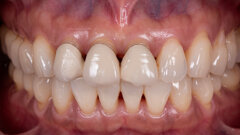

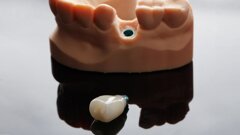





















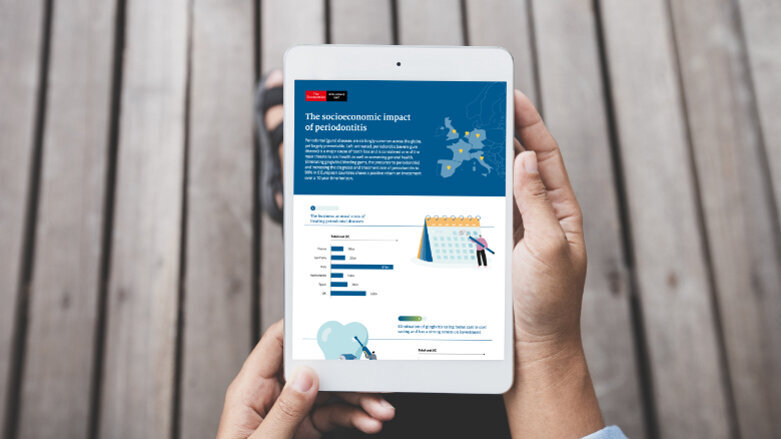







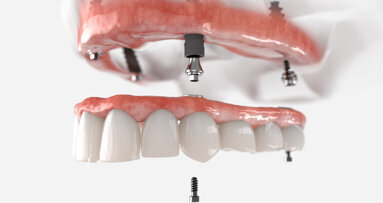


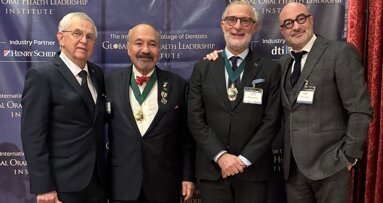











Maintenance of Oral Health, teeth and gums is Mandatory